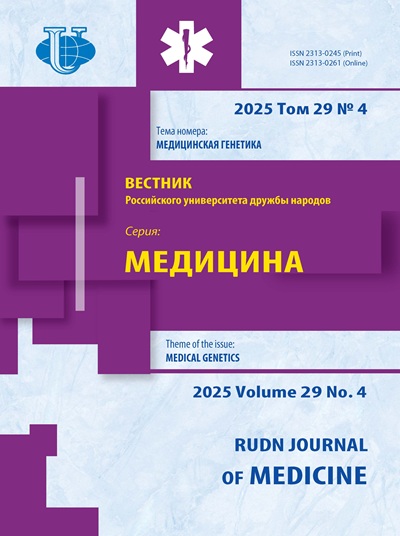Blood circulation energy supply description of influenza in elder age patients
- Authors: Roganova IV1
-
Affiliations:
- Samara State Medical University
- Issue: No 1 (2012)
- Pages: 51-55
- Section: Articles
- URL: https://journals.rudn.ru/medicine/article/view/3302
- ID: 3302
Cite item
Full Text
Abstract
The state of haemodynamics and blood circulation energy supply was investigated in patients with uncomplicated moderate flu in 44 patients aged from 51 to 60 years by tetrapolar thoracic rheography The emergence of a small release syndrome, decreased contractility and mechanical activity of the heart, the transition to the energetically more economical type of blood circulation regulation were identified, what can be considered as compensatory adaptive reaction in hypocirculation. However, developing compensation is imperfect, as accompanied by an increased energy cost of performed work. These violations persist for a long time, and can serve as risk factors for complications and diseases of the cardiovascular system.
Keywords
About the authors
I V Roganova
Samara State Medical University
Email: iv-roganova@rambler.ru <mailto:iv-roganova@rambler.ru>
Кафедра инфекционных болезней; ГОУ ВПО СамГМУ Минздравсоцразвития России; Samara State Medical University
References
Supplementary files















